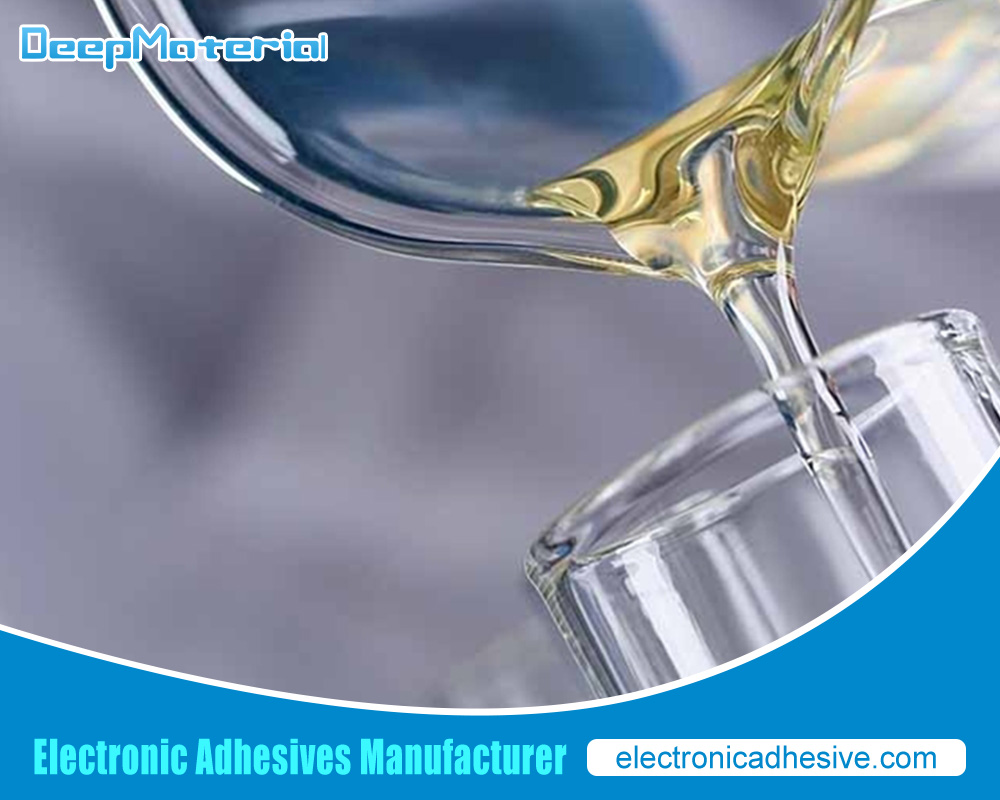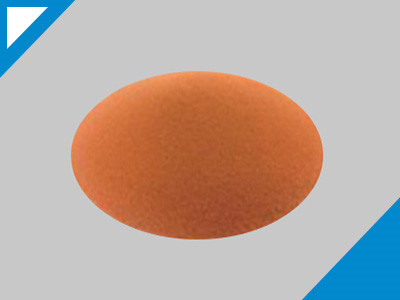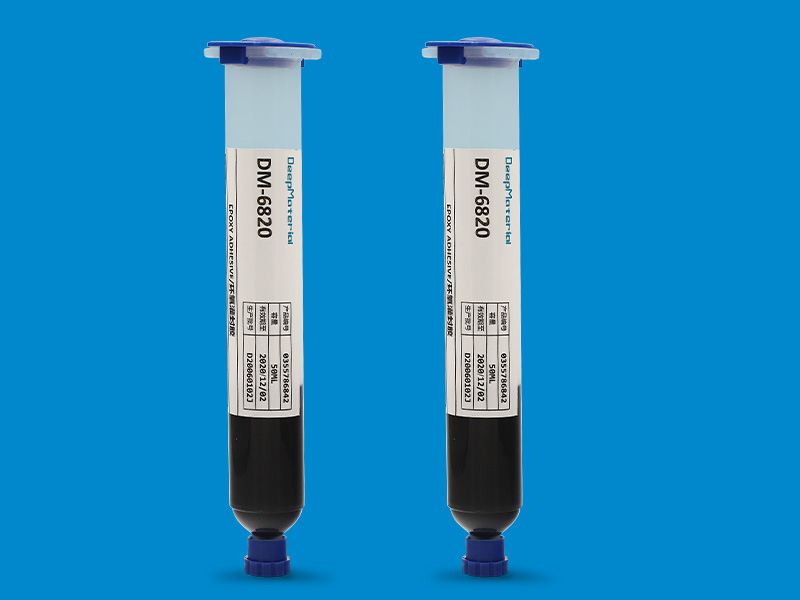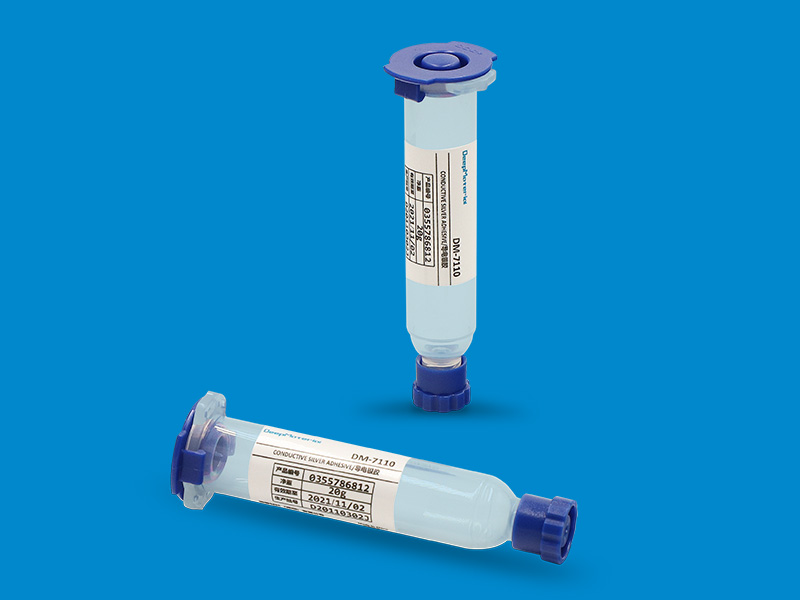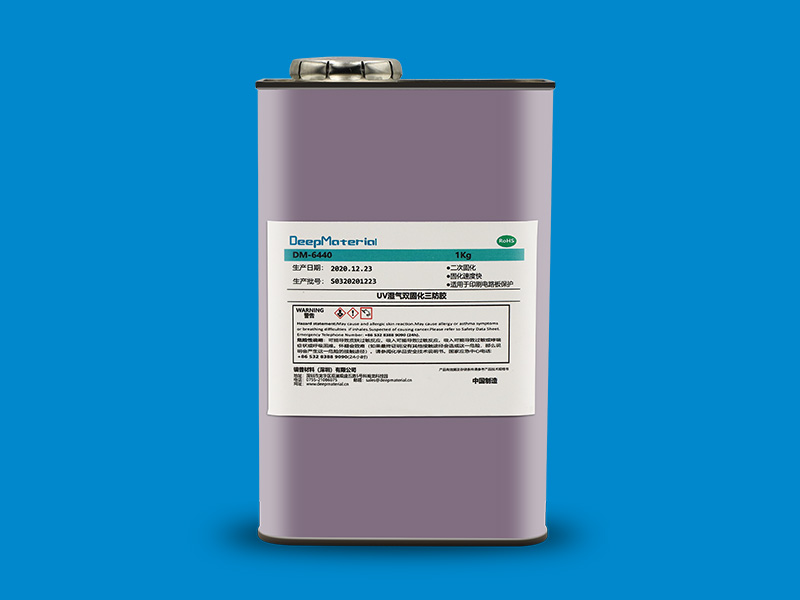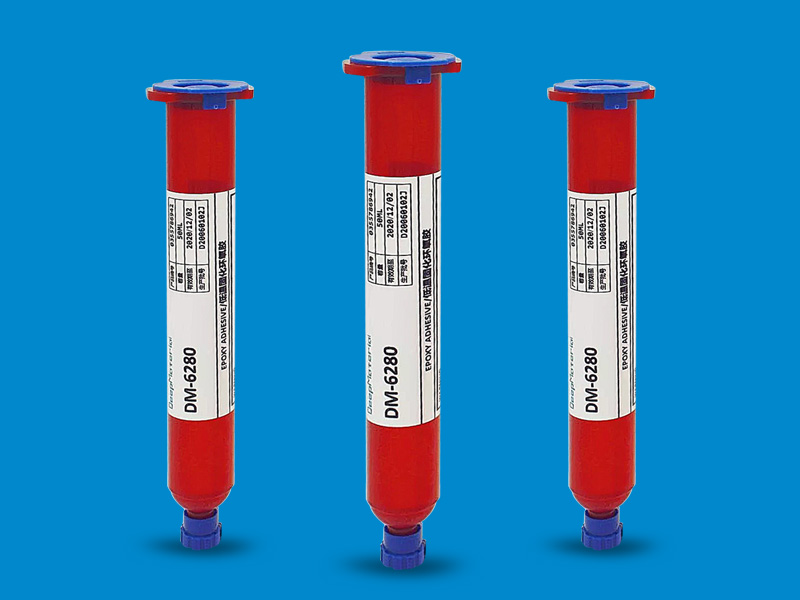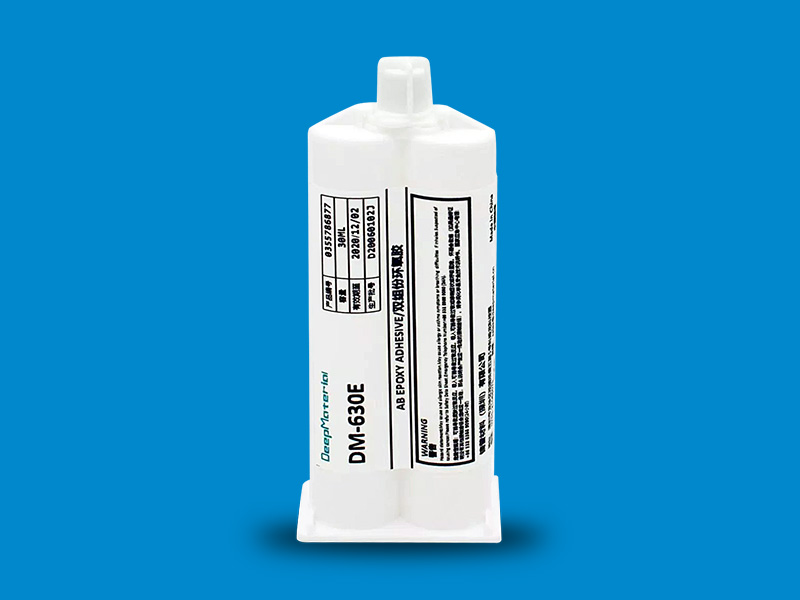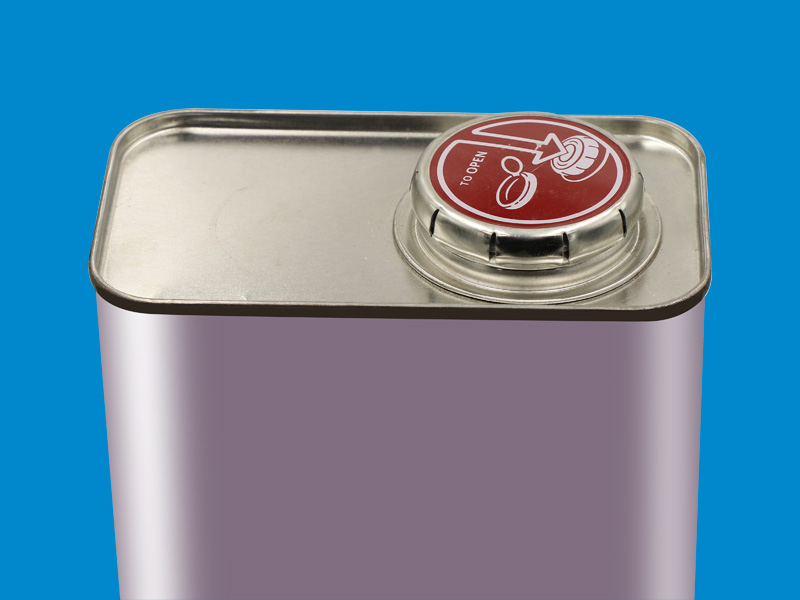The Impact of Aging and Weathering on High Strength Epoxy Adhesive Glue for Metal
The Impact of Aging and Weathering on High Strength Epoxy Adhesive Glue for Metal
High strength epoxy adhesive glue for metal is tailored to create strong, durable bonds between metal surfaces. This type of adhesive is a staple in industries like automotive, aerospace, and construction where metal bonding is critical for performance and safety.
The role of high strength epoxy adhesive in these applications is vital. Unlike ordinary adhesives, which might fall short in durability for metal bonding, high strength epoxy is designed to endure the tough conditions that metal components face. It can create a bond that rivals or surpasses the strength of the metal itself, ensuring that bonded parts stay put even under severe stress or vibrations.
Aging and Weathering: What They Are and How They Affect Epoxy Adhesive Glue
Aging refers to the changes that materials undergo over time due to various factors such as environmental exposure, chemical interactions, and physical stress. Weathering, however, specifically relates to the damage caused by exposure to the elements like sunlight, moisture, temperature changes, and air pollutants.
Both aging and weathering can significantly impact the effectiveness of epoxy adhesive glue. As time passes, the glue might lose its strength and durability, which can reduce its ability to bond effectively. Furthermore, aging and weathering can alter the appearance and texture of the adhesive, potentially making it less attractive or functional.

Factors that Contribute to Aging and Weathering of Epoxy Adhesive Glue
Several factors can accelerate the aging and weathering of epoxy adhesive glue. Environmental elements such as sunlight, moisture, extreme temperatures, and pollutants can hasten the adhesive’s breakdown. Chemical factors like exposure to corrosive substances or incompatible materials also play a role in degrading the adhesive. Additionally, physical factors including mechanical stress, vibration, and impacts can weaken the adhesive over time.
Understanding these factors is key to developing strategies to improve the longevity of epoxy adhesive glue. By pinpointing the specific contributors to degradation, manufacturers can create adhesives better suited to resist these challenges, ensuring their long-term effectiveness and performance.
Why Understanding the Impact of Aging and Weathering on Epoxy Adhesive Glue?
Grasping the effects of aging and weathering on epoxy adhesive glue is crucial for a couple of big reasons. First off, it lets manufacturers whip up adhesives that aren’t just a flash in the pan. These glues need to hold strong over time, especially in industries like aerospace or automotive where a bonding fail could mean big trouble.
Second, knowing how these factors affect epoxy glue helps in picking the right sticky stuff for the job. Different scenarios and conditions might call for different types of adhesives, each with its own level of toughness against aging and weathering. Making smart choices here ensures that whatever you’re sticking together stays stuck for the long haul.
How Aging and Weathering Affect the Performance of High Strength Epoxy Adhesive Glue for Metal
Aging and weathering can really do a number on the performance of high strength epoxy adhesive glue for metal. As time ticks by, you might notice your once-mighty glue losing its grip, which could lead to parts coming loose or structures failing—obviously not ideal.
Besides just weakening the bond, aging and weathering can mess with the look and texture of your glue. It might discolor, crack, or start to flake off, which is bad news not only for how things look but also for how well they work. This can be a real headache in fields like automotive or construction, where being able to eyeball your equipment is key.
Testing Methods Used to Evaluate the Impact of Aging and Weathering on Epoxy Adhesive Glue
To figure out just how much aging and weathering can affect epoxy adhesive glue, there are a couple of go-to testing methods. Accelerated aging tests are like a time machine for glue—they crank up the heat, moisture, and UV rays to simulate years of wear and tear in a much shorter period. This helps predict how the adhesive will hold up down the line.
Then you’ve got exposure tests, which are more of a slow burn. These tests stick the adhesive out in the real world for the long term to see how it fares under actual conditions. While this method takes more time, it gives a clearer picture of the adhesive’s day-to-day durability and performance.
Results of Aging and Weathering Tests on High Strength Epoxy Adhesive Glue for Metal
The outcomes of aging and weathering tests on high strength epoxy adhesive glue for metal can differ based on the glue’s specific formula and the environmental conditions it’s subjected to. Test results often show that long exposure to tough environments can weaken the bond strength and durability of the glue.
When comparing different epoxy adhesives, it’s clear that some hold up better than others. Certain formulas keep their strength and look even after a lot of environmental exposure, while others start to break down more quickly.
Strategies for Enhancing the Resistance of Epoxy Adhesive Glue to Aging and Weathering
To boost the resistance of epoxy adhesive glue to aging and weathering, manufacturers use various approaches. They might tweak the formula to include additives that increase resistance to UV light, chemicals, or improve adhesion. Another tactic is applying protective coatings over the adhesive to guard against environmental damage and extend its life.
Through ongoing improvements to the formulas and production processes, manufacturers can make epoxy adhesives that stand up better to aging and weathering, ensuring they last longer and remain reliable.
Factors to Consider When Choosing Epoxy Adhesive Glue for Metal Applications
Selecting the right epoxy adhesive glue for metal applications involves considering several factors. The type of metal being bonded is key, as different metals might need different adhesives to ensure a strong and lasting bond. Also, think about the environmental challenges like extreme temperatures or exposure to corrosive substances to find an adhesive that can handle these issues.
The required bond strength and durability are also crucial. Some applications need to withstand heavy loads or vibrations, while others might value flexibility or impact resistance more. By weighing these factors carefully, manufacturers can pick the most appropriate epoxy adhesive for their metal bonding needs.
Applications of High Strength Epoxy Adhesive Glue for Metal in Various Industries
High strength epoxy adhesive glue for metal is widely used across different industries because of its excellent bonding qualities. In the automotive industry, it’s used to bond parts like body panels, brackets, and structural reinforcements. The aerospace industry uses this adhesive to bond aircraft components, crucial for maintaining the integrity and safety of planes. In construction, it’s employed for tasks like joining steel beams or attaching architectural elements.
These examples underscore the broad utility of high strength epoxy adhesive glue in ensuring the durability and performance of various products across industries.

Wrapping Up
In conclusion, choosing the right high strength epoxy adhesive glue for metal is vital for achieving long-lasting performance and reliability in various industries. Understanding how aging and weathering affect the adhesive is crucial for developing formulations that endure over time and provide robust metal bonds.
By considering factors like environmental conditions, necessary strength and durability, and the specific metals involved, manufacturers can select the most fitting epoxy adhesive for their projects. Ongoing research and development are essential to enhance the glue’s resistance to aging and weathering, ensuring it continues to be a dependable option for metal bonding into the future.
For more about choosing the impact of aging and weathering on high strength epoxy adhesive glue for metal, you can pay a visit to DeepMaterial at https://www.electronicadhesive.com/ for more info.

